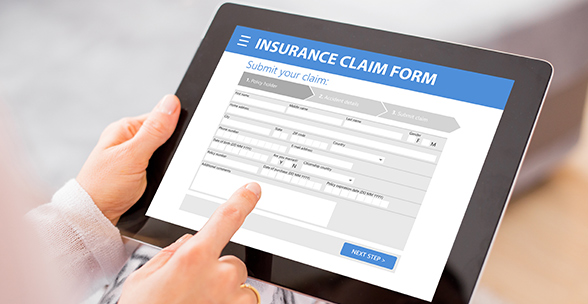Holding Your EHR Accountable
A common complaint among EHR users is that they cannot easily exchange routine and bulk patient data with other EHR systems. In recent years, the general consensus has been that data portability is becoming essential to modern healthcare. Regulations such as the Meaningful Use standards are helping to move healthcare in that direction.
The emergence of EHR technology has helped make exciting advances through data exchange in areas such as electronic prescribing and personalized medicine. However, most also agree that we have a ways to go.
There are many views as to why data portability is lacking in healthcare. These include technical challenges, patient privacy fears and low-prioritization by EHR vendors. As a veteran of the HIT industry I have seen all of these play a role at one time or another in the evolution of data portability.
At this point, most of the basic technical challenges have been addressed through interoperability standards (HL7v3/CCDA) and cloud-based service architectures (FHIR). In addition, many of the community provider networks now see the value in sharing data as a means to improve outcomes and reduce financial risk. Even EHR vendors have made efforts to sponsor collation groups designed to support interoperability, such as CommonWell Health Alliance, and have made public statements related to reducing “data blocking.”
However, as a recent lawsuit against a major EHR vendor points out, for some vendors this may be lip service. As a healthcare provider and primary stakeholder in the direction of EHR technology development, making your needs heard and holding vendors accountable is a good way to help move the needle toward data portability. It makes sense for buyers to evaluate their EHR options and query their vendors to ensure they have unfettered and low cost options to export their clinical data.
The simple set of questions listed below should allow you to assess your vendor's ability to manage data exchange and keep them accountable.
Questions to Ask
- What is the process and policy for bulk data export of clinical data from the EHR? You should hear an acknowledgement of your request within a couple days—to gather more information about your request and to let you know your options.
- Specifically, what is the time frame between request and delivery of data? Should be reasonable (1-2 weeks).
- What method and in what format is the data delivered? EHR vendors are continuing to make progress in this area. They should be able to provide a schema of data that is clean and unambiguous, which can be imported by the practice’s data support team.
- What is the cost of the export? Should be minimal ($300 or less) for a small practice, and should not involve mandatory updates if you are using MU certified 2014 or greater technology.
Appropriate answers to the questions above should give you confidence your vendor will not hold your data hostage and will allow you to exchange mass data when needed for patient care.
While no EHR is perfect, there are fundamental requirements that allow consumers choice and enhance the process of care that each EHR user should expect form their vendor and in some cases demand if not satisfied.




















